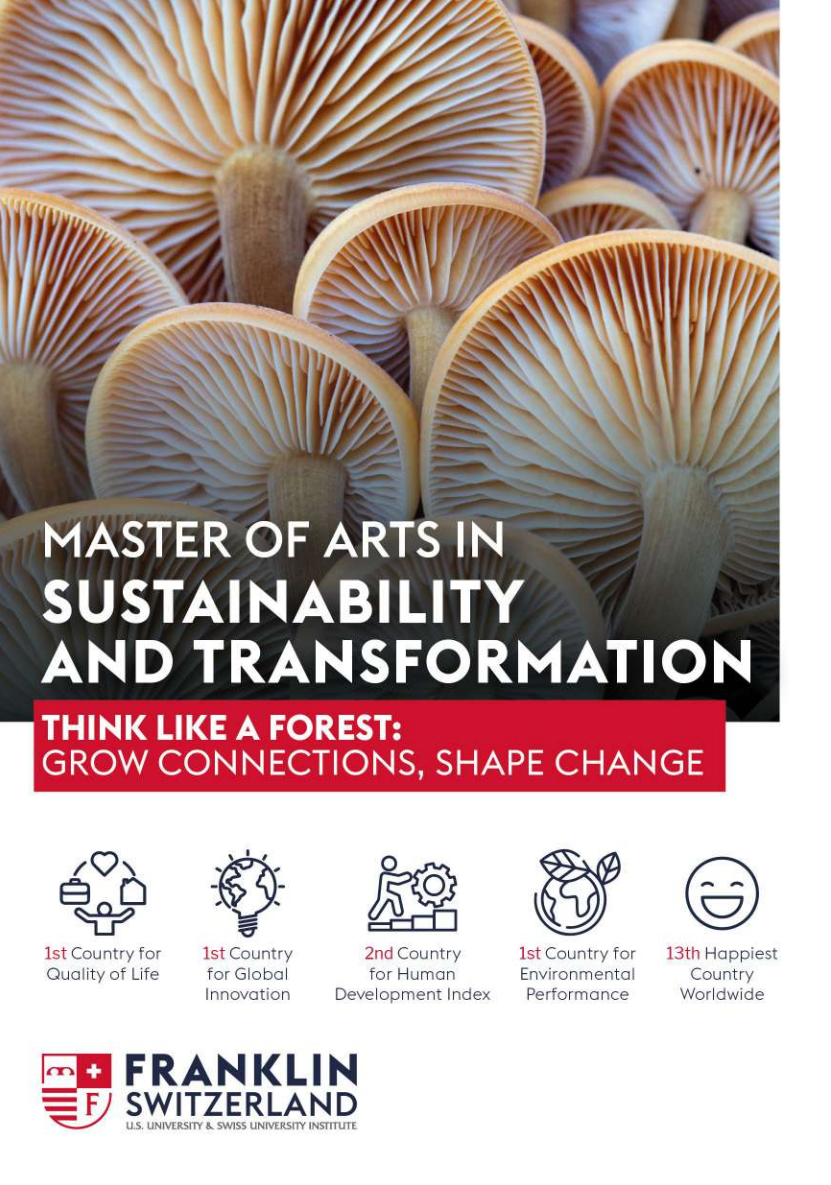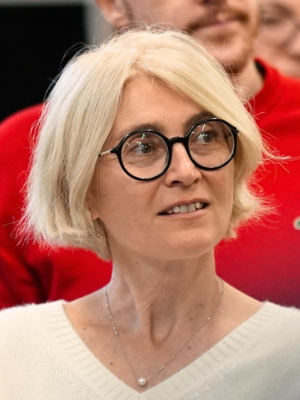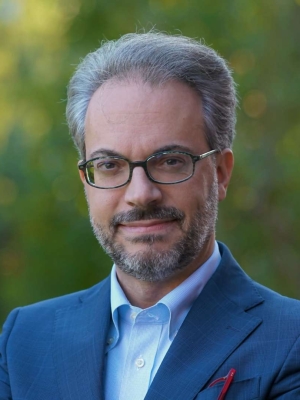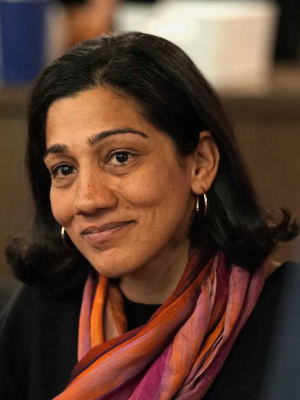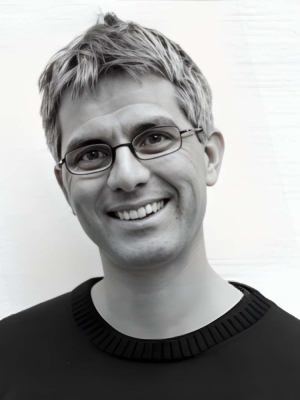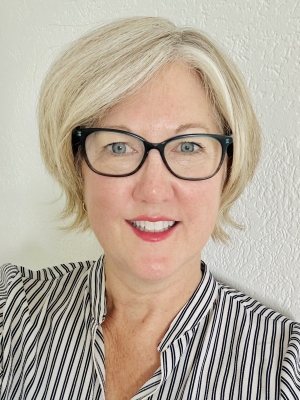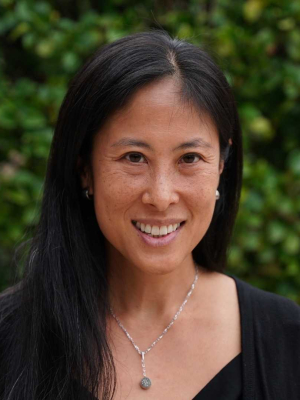THINK DIFFERENTLY.
REIMAGINE SYSTEMS.
FOSTER CHANGE.
Franklin Switzerland's Master of Arts in Sustainability and Transformation (MAST) is more than a degree; it’s a launchpad for changemakers. In a world facing deep, interwoven crises, such as climate disruption, social injustice, and environmental collapse, we need bold new ways to think, lead, and act. MAST blends liberal arts traditions with cutting-edge sustainability practice to equip you to lead meaningful transformation.
Through immersive learning, interdisciplinary coursework, and real-world projects, you will build the skills and insights to navigate complexity and shape the future, from policy and education to business and community leadership.
Photo credit: Alison Pouliot
Why choose MAST?
This program is for students who see connections others might miss between people and systems, culture and environment, knowledge and justice. If you have concluded that we need to transform systems to tackle complex problems in climate change and social justice, you have come to the right place. Whether you come from the humanities, social sciences, environmental sciences, business, the arts, or another field entirely, we welcome the unique strengths you have developed in your undergraduate fields and offer the tools, community, and real-world experience to help you take the next steps and make a difference in the real world.
Why Study Sustainability in Switzerland
Switzerland offers a unique environment for studying sustainability—not just as a place to live, but as a setting where sustainability is actively practiced, debated, and refined. Known for its political stability, strong public institutions, and long-term approach to policymaking, the country makes complex systems around energy, mobility, education, land use, finance, and social cohesion visible and open to inquiry. Through MAST, Switzerland becomes part of the curriculum: students learn directly from cities, organizations, and institutions where sustainability moves from policy to practice. Grounded in Switzerland and embedded within Franklin’s global education, the program connects local experiences to global challenges, helping students understand how transformation happens across scales and over time.
What Sets Us Apart
With MAST, you will gain a broad understanding of key issues and debates in sustainability studies, real-world experience in different kinds of organizations, an international professional network, a global perspective, and a degree fully accredited in both Switzerland and the US, and the confidence to map out change wherever you go.
Here’s what makes the program distinct:
- Learn from experts and practitioners in Switzerland, one of the world’s most sustainability‑forward countries
- Gain interdisciplinary insight into environmental, social, and economic issues in their broader political and cultural contexts;
- Work closely with faculty and partners thanks to small cohorts and personalized mentorship
- Engage in immersive, project‑based learning rooted in critical thinking and open inquiry
- Build an international professional network and apply your knowledge in diverse settings
- Graduate fluent in systems thinking, ready to lead with both strategic insight and human understanding
- Earn a degree fully accredited in both the U.S. and Switzerland, unlocking global opportunities
Degree structure
MAST is a one-year, three-semester program totaling 45 credits (90 ECTS), with an optional fourth semester for an additional 15 credits (for a total of 60 US credits or 120 ECTS).
The fourth semester offers three tracks: a supervised research thesis, an internships in Madagascar or Costa Rica, or a semester-long incubator that helps you build your own start-up.
Program at a glance:
- Degree: Master of Arts (MA)
- Duration:
-
3-semester Master: 12 months (August to August), 45 credits/90 ECTS.
-
With optional fourth semester with three tracks: research, internship or startup incubator (August to December), resulting in a 60 credits/120 ECTS Master.
-
- Location: Lugano, Switzerland, retreats in Zurich & Geneva, with optional internships in Madagascar and Costa Rica (4th semester).
- Mode of Study: Full-time, in-person, interdisciplinary, experiential immersive and hands-on learning.
- Final Project: Collaborative Master’s Thesis on sustainability initiatives with external partners with optional Research Thesis (4th semester).
- Credits: 45 Credits / 90 ECTS for three semesters with option for additional fourth semester (15 credits / 30 ECTS) for a 60 credit/120 ECTS Master.
- Founding Cohort Price: Exclusive offer for the first class starting Fall 2026 – 8,500 CHF per semester. Title IV approved.
- Program Application Deadlines: Rolling admission after February 15 until class is full; deadline for non-Swiss, non-Euro students April 1; final deadline for all student with Swiss or EU passports June 1.
- Accreditation: Franklin is accredited both in Switzerland (AAQ) in the US (MSCHE)
Accelerated Program: 3+1 Pathway into the MAST
Eligible students from Franklin Switzerland and selected partner institutions who are completing a BA with 120 credits may apply for a 3+1 pathway into the Master of Arts in Sustainability and Transformation.
Through this pathway, students complete the final 15 credits of a 120-credit Bachelor’s degree in the first semester of MAST. This accelerates the transition from undergraduate to graduate study while maintaining academic rigor and continuity. Please consult with your advisor and contact our academic director, Caroline Wiedmer (cwiedmer@fus.edu) if you are interested in this option.
The 3+1 pathway is available for students enrolled at other undergraduate institutions only where a formal institutional agreement is in place and where students meet the academic requirements defined in that agreement. Current Franklin students interested in a 3+1 pathway should consult with their academic advisor and contact the MAST academic director, Caroline Wiedmer (cwiedmer@fus.edu) to confirm eligibility.
Career Paths After Graduation
Graduates of this program are not only equipped to work in sustainability — they are prepared to lead it. They bring systems fluency, ethical depth, and real project experience to a wide range of fields, such as:
- Sustainability Consulting
- Public Policy & Governance
- ESG Strategy & Corporate Responsibility
- Nonprofit Leadership & Advocacy
- Urban Planning & Regenerative Design
- Sustainability Communication & Media
- Social Entrepreneurship & Circular Economy
- Education & Curriculum Development
- Community-Based Organizing & Ecological Restoration
- Cultural Institutions such as Museums and Educational Institutions
- Paris Institute of Political Science (Sciences-Po Paris)
- University of California - Berkeley
- The University of London
- Johns Hopkins University
- New York University (NYU)
- Central European University - City University of New York
Eligibility & Admissions
MAST uses a holistic admissions process that considers applicants’ academic preparation alongside professional experience, interdisciplinary interests, and motivation for engaging with sustainability and transformation.
Unless a prior institutional agreement establishes a 3+1 pathway, applicants must meet the following standard eligibility requirements:
- A Bachelor’s degree from an accredited university, completed by the time of enrollment
- A recommended GPA of 3.2 (or equivalent). This is not an absolute cut-off; please address reasons for a lower GPA in your personal statement.
- Two letters of recommendation. If you completed your BA or BS is more than 4 years ago, we recommend an academic letter and one professional letter.
- A concise personal statement (1-2pages)
- English proficiency required if previous degree was not in English
(CEFR B2 / IELTS 6.5 / TOEFL 90 / Cambridge 160–179)
In addition to academic credentials, the admissions committee values:
- Relevant professional, volunteer, or research experience
- Interdisciplinary curiosity and openness
- Evidence of critical thinking, communication skills, and commitment to sustainability in your area
- Applicants from a wide range of academic disciplines are encouraged to apply
Personal statements that speak both to your previous experience, your personal interest in sustainability, and what you hope to achieve with this program.
Enrollment Deadlines
Applications to the Master in Sustainability and Transformation are reviewed on a rolling basis. We admit students until the cohort for Fall 2026 (up to 22 students) is full. Beginning February 15, applications will be reviewed in bi-weekly admissions rounds, with shortlisted candidates invited to an interview with the Academic Director.
- Applicants who require a student visa (non-EU, non-Swiss, non-EFTA):
We strongly recommend applying by April 1 to allow sufficient time for visa processing. - Applicants who do not require a student visa:
Applications will be accepted until June 1, subject to availability.
Because spaces are limited, we encourage early applications. If you are unsure about your application timeline or requirements, we encourage you to reach out to the MAST admissions coach, Nika Kozar, for guidance: nkozar@fus.edu.
Franklin students and alumni, as well as students from Franklin’s partner institutions, may contact the Academic Director, Caroline Wiedmer, regarding streamlined application pathways: cwiedmer@fus.edu
MAST Program Structure
MAST is designed as a clear progression from understanding sustainability concepts and challenges to actively shaping change. Across three core semesters, and an optional fourth, you move from foundations, to transformation skills, to hands-on collaboration with real organizations.
Semester 1: Foundations of Sustainability
You build a shared intellectual foundation across environmental studies, economics, social thought, and the environmental humanities. Through interdisciplinary methods and shared case studies, you learn how different forms of knowledge approach sustainability, and how to connect them to understand what each area of knowledge contributes to the bigger picture.
Semester 2: Skills for Transformation
Here the focus shifts from understanding systems to changing them. You develop practical skills in communication, design, leadership, and policy, while learning to work with stakeholders across organizations. Immersive retreats and practitioner engagement connect theory to real-world transformation.
Semester 3: Praxis and Collaboration
You apply what you have learned through a collaborative Master’s project with external partners. Supported by faculty and partner mentors, you work on concrete sustainability challenges and present your work in a public forum, culminating in a practice-based Master’s thesis.
Optional Semester 4 · Defining Your Trajectory
An optional fourth semester allows you to extend your studies in one of three directions: an individual research thesis, an internship in Madagascar or Costa Rica, or the creation of your own sustainability-focused startup. Completing this semester extends the degree to 60 credits / 120 ECTS.
MAST Tuition and Fees
Founding Cohort Pricing (Fall 2026)
- CHF 25,500
Three-semester program (45 credits / 90 ECTS) - CHF 8,500
Optional fourth semester (15 credits / 30 ECTS), extending the degree to
60 credits / 120 ECTS
Please note: internal scholarships are not available for this program.
External Funding & Financial Support
Students are encouraged to finance their studies through a combination of external funding sources, which may include:
- Government-sponsored loans or scholarships
- Private education loan providers
- Employer sponsorship
- National or private foundations
Eligibility and availability depend on a student’s country of citizenship and/or residence.
For U.S. students, the MAST program is approved for Title IV U.S. Federal Student Aid through the U.S. Department of Education. Approved private lenders include Sallie Mae.
Swiss students should consult with their cantonal offices for educational funding.
Students from other countries are encouraged to consult funding providers directly. Once an offer of admission has been made, the MAST program team is happy to support external funding applications by providing:
- Official admission letters
- Tuition and fee confirmation
- Program descriptions and accreditation details
- Enrollment verification documentation
A Message from the Academic Director
What does it mean to think across disciplines, design for complexity, lead with empathy, and act for impact? These questions lie at the heart of MAST, Franklin’s new graduate program launching in Fall 2026.
Learn more about the thinking behind MAST from the person who helped shape it.
Professor Caroline Wiedmer, Academic Director of the MAST shares the vision, structure, and goals of Franklin’s new graduate program.


